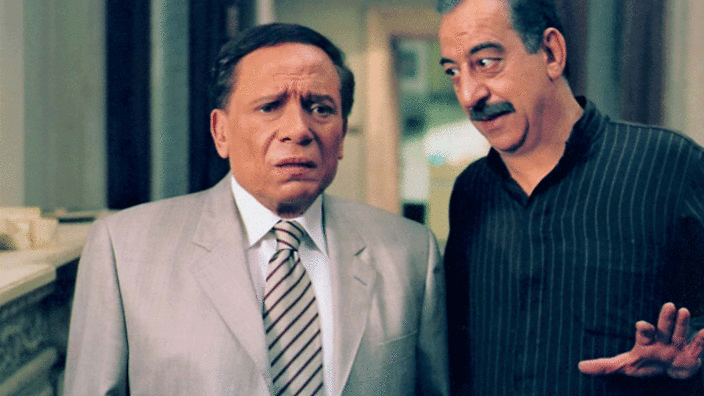
Not just anyone can write a well structured storyline that entails complex characters, an intelligent thought-provoking plot and believable dialogue; the late Egyptian screenwriter Wahid Hamed however, manages to weave all three aspects together seamlessly throughout the many films he has written over the years.
Hamed started his career in screenwriting in the 1970s after initially having started as a writer of short stories. He recalls however having been encouraged to go into screenwriting by shirt story writer and playwright Youssef Idriss. Since the 1970s and onwards, Hamed’s career boomed as he offered Egyptian television new and bold content.
The late screenwriter was known to tackle somewhat sensitive or taboo topics that would address Egypt’s complex social and political climate. Throughout the early years of his career, we formed partnerships with certain actors and directors such as Adel Imam and Sherif Arafa. He has written over 80 films and television shows throughout his career, some of which have received both local and international awards.
The following five films are amongst the screenwriter’s most well-known films, all of which offer wonderful and unique insight into Egyptian society and politics.
Al Baree’ (The Innocent, 1986)
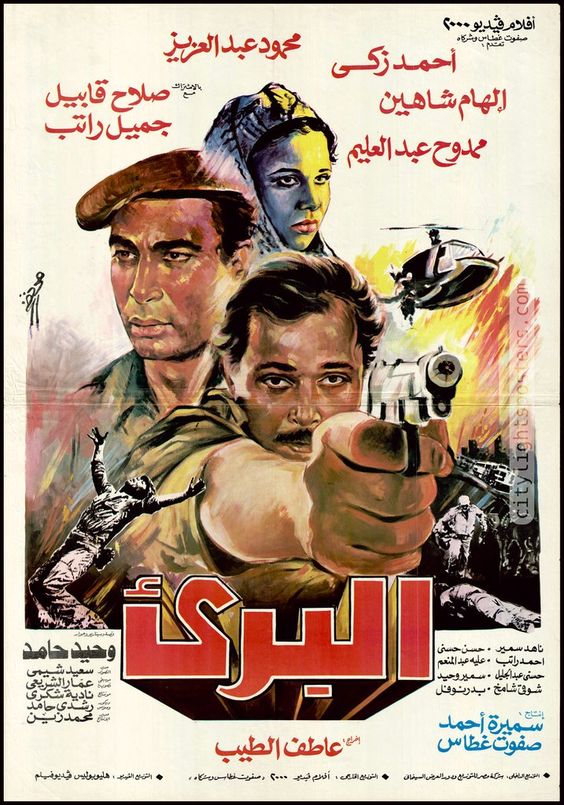
This controversial film actually got screened 19 years after its production due to a long censorship battle. Al Baree’ is a film that carries a strong political message as the plot-line revolves around a young farmer (played by Ahmed Zaki) who is chosen as a prison guard during his military service. During his time as a prison guard, the young farmer how inhumanly political prisoners are treated and later finds himself taking part in the torture and unjust treatment of prisoners. The film is daring in many ways and speaks volumes of Hamed’s bold chosen topics of writing.
Al Erhab wel Kabab (Terrorists and Kebab, 1992)
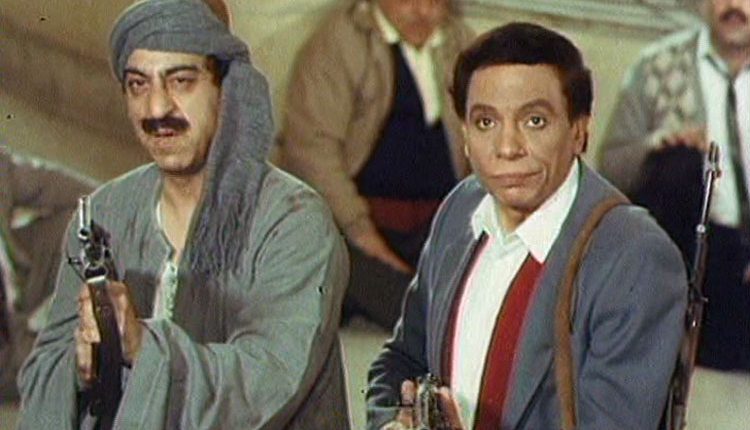
One of the most well-known Hamed films starring Adel Imam, Al Erhab wel Kabab is a dark comedy that revolves around corruption and the various plights of Egyptian middle class society. Anyone who’s ever been to the famed mogammaa building can relate to the various scenes depicted in the film. Imam’s character goes to the building in order to try to get a school transfer for his children, but is met with various obstacles. The film is fun, memorable and intelligently written.
Edhak el Sora Tetlaa Helwa (Smile for the Picture, 1998)
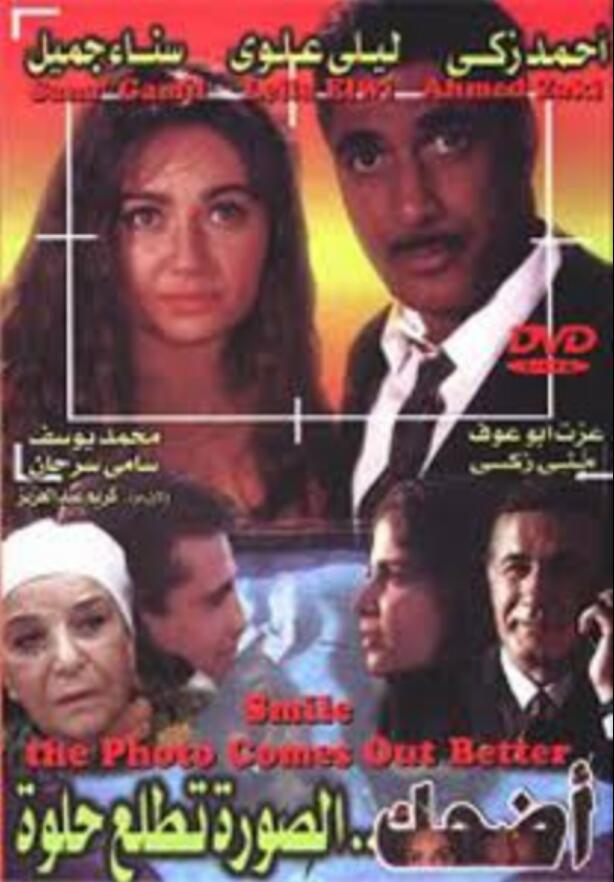
Another Hamed film starring Ahmed Zaki, Edhak el Sora Tetlaa Helwa is a story about a poor photographer who moves from his small village to Cairo in attempts to live a better life for himself and his family. While in Cairo, his daughter falls in love with an upper class fellow colleague from university. The film interestingly tackles social issues, with wonderful performances from a star-studded cast, including Leila Elwi, Mona Zaki and Karim Abdel Aziz.
Omareit Yacoubian (The Yacoubian Building, 2006)
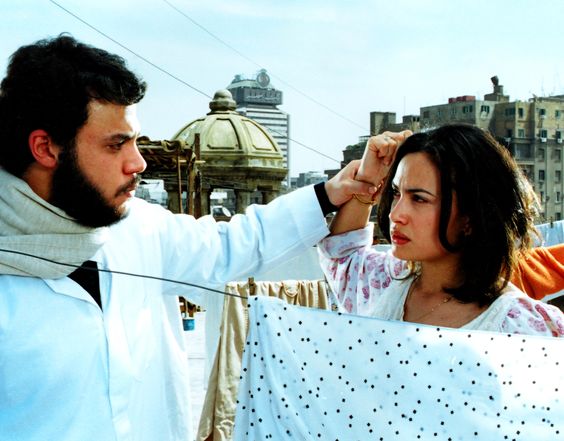
Based on the famous novel of the same name by Alaa al Aswany, Omareit Yacoubian is a wonderful thought provoking story that delves deeper into the daily lives of the various residents of a downtown building by the name of The Yacoubian Building. Starring Adel Imam, Yousra, Nour el Sherif, Hend Sabry and many more, It is an incredibly portrayal of Egyptian society around the time of the first Gulf War, and the film tackles many controversial topics – from homosexuality to corruption and prostitution. This exquisitely written story is also a must watch film.
Ehkee ya Shahrazad (Scheherazade, Tell me a Story, 2009)
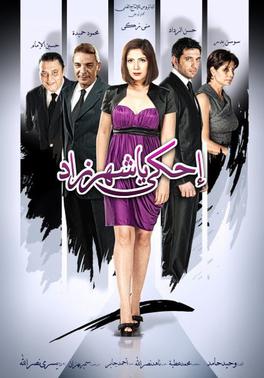
One of the late screenwriter’s newer films, Ehkee ya Shahrazad tells the story of a married couple (played by Mona Zaki and Hassan el Raddad) who develop a sense of tension in their relationship, as a result of both of their jobs. Karim (the husband, El Raddad) works in a newspaper that is backed by the government, while Heba (the wide, Zaki) works as a host of an evening political talk show. Heba’s commentary on politics might cost Karim his job, and so he tries to convince her to switch to other topics. Heba later realizes that even other topics she has gathered that revolve around various female accounts in Egypt, prove to be political in nature. The film offers an innovative plot and sheds light on a multitude of issues from those of misogyny to women’s rights.
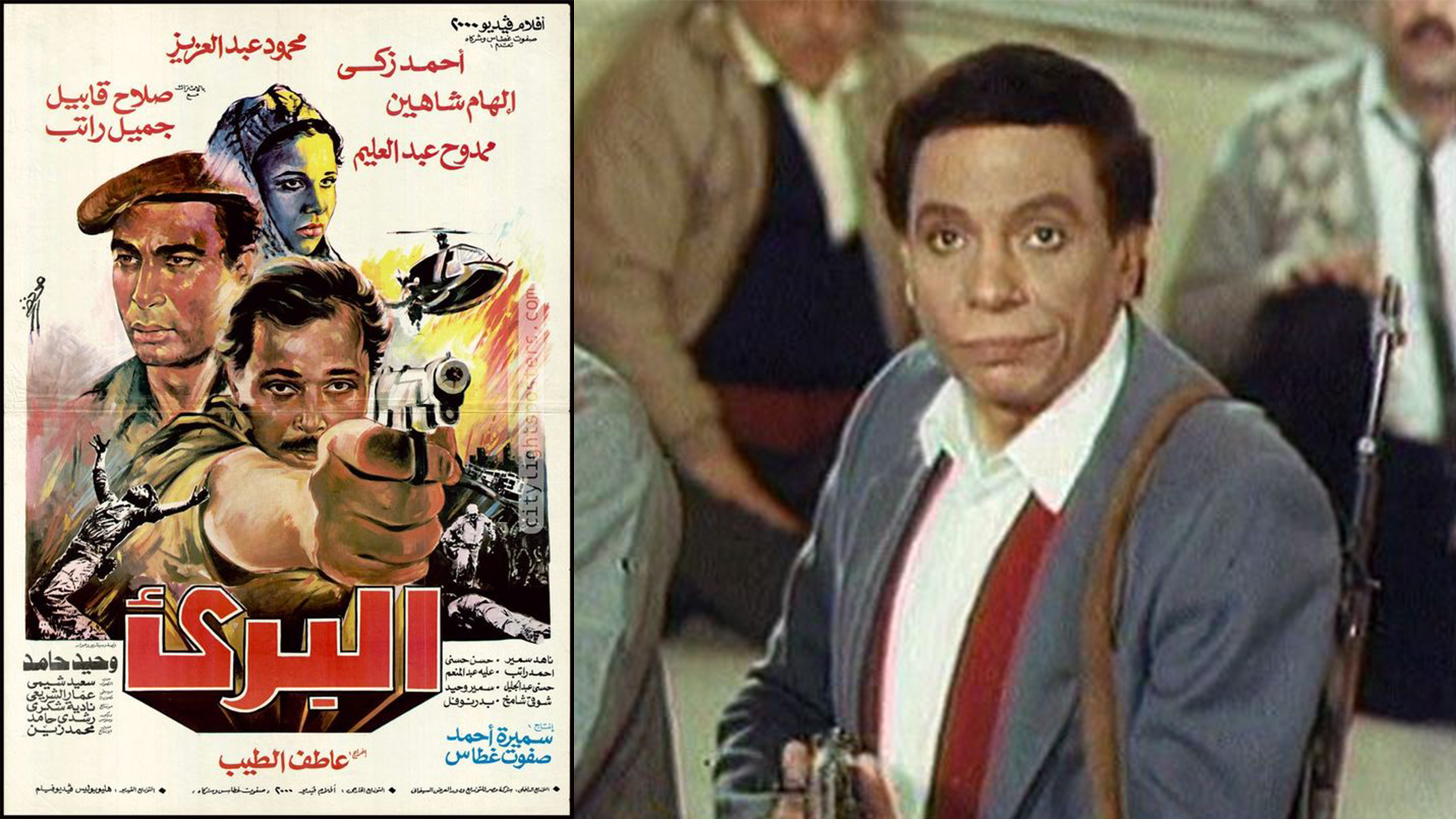



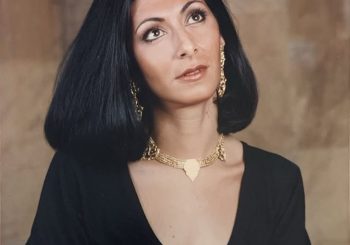
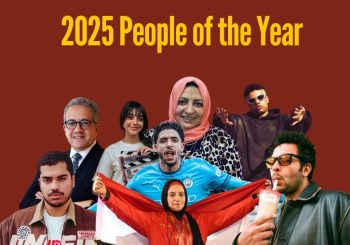
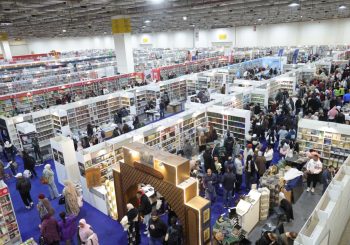
Comment (1)
[…] 5 Must Watch Wahid Hamed Films Tackling Egyptian Politics and Society […]